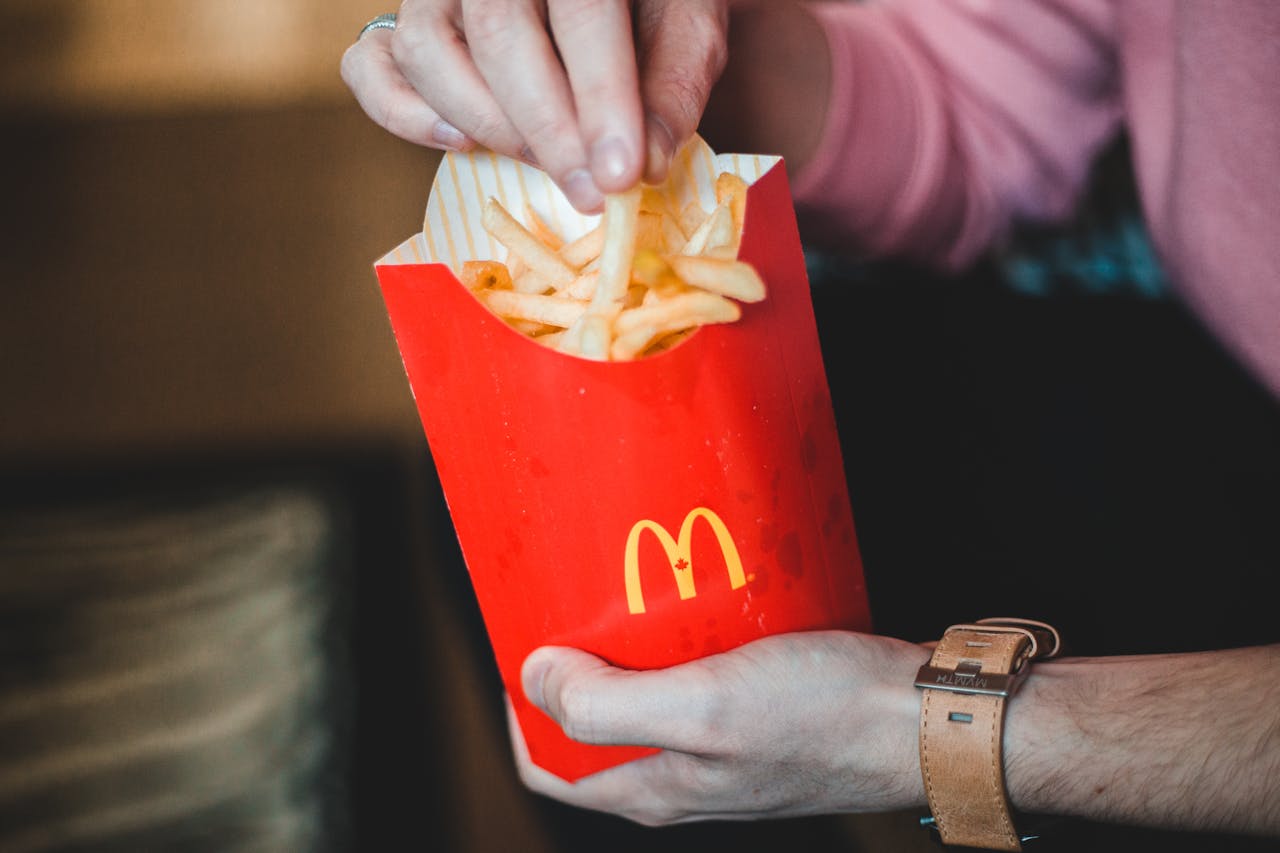The rising consumption of ultra-processed foods (UPFs) among adolescents—who now derive nearly two-thirds of their daily calories from such foods—is drawing attention from public health researchers, who warn of potentially severe health risks.
This concern is underscored by recent findings from the Research Unit of Epidemiology and Prevention at Italy’s IRCCS Neuromed in Pozzilli, which show that diets high in UPFs are linked to accelerated biological aging. These findings, published in The American Journal of Clinical Nutrition, align with a concurrent study conducted by the University of Cambridge that underscores the heavy reliance on UPFs among British teens, especially those from lower socioeconomic backgrounds.
Overconsumption of ultra-processed foods increases biological age
The Italian research, based on data from more than 22,000 participants, reveals a connection between high UPF consumption and an increase in biological age—an internal marker that can differ from chronological age depending on various health factors. Simona Esposito, the study’s lead author, noted in a statement that the data show a high consumption of ultra-processed foods “not only has a negative impact on health in general, but could also accelerate aging itself, suggesting a connection that goes beyond the poor nutritional quality of these foods.” This accelerated aging indicates that those who consume a high proportion of UPFs may be biologically older than their peers with lower UPF intake, regardless of their chronological age.
 Pexels
Pexels
The Neuromed study measured the biological age of participants using more than 30 blood biomarkers and assessed dietary patterns through comprehensive food frequency questionnaires. Participants with high UPF intake—including items such as packaged snacks, sugary beverages, and some ostensibly healthy options like yogurt, meat alternatives, and certain breakfast cereals—exhibited signs of accelerated biological aging.
Marialaura Bonaccio, a nutritional epidemiologist involved in the study, explained that beyond their poor nutritional profile, “these foods undergo intense industrial processing that actually alters their food matrix, with the consequent loss of nutrients and fiber.” She added that UPF packaging, which often includes plastic materials, could also expose consumers to additional toxic substances, further impacting health over time.
Teen consumption of ultra-processed foods
Meanwhile, the Cambridge study paints a troubling picture of UPF reliance among adolescents. Based on data from nearly 3,000 UK-based teenagers who kept food diaries from 2008 to 2019, the study reveals that while UPF intake declined slightly—from 68 percent to 63 percent—most young people still consume a significant proportion of their daily calories from these foods.
Adolescents from economically disadvantaged backgrounds reported even higher levels of UPF intake, with the top sources including supermarket breads, breakfast cereals, chips, and ready-made meals. Yanaina Chavez-Ugalde, PhD, MSc, lead author of the Cambridge study, described adolescence as a critical period for developing lasting dietary habits, adding that “health behaviors tend to solidify” during these years. She also pointed to the affordability and convenience of UPFs as factors that drive high consumption levels among teenagers.
 Adobe
Adobe
Experts unaffiliated with the study are echoing concerns about the potential implications of these findings. Carmen Piernas-Sanchez, a nutrition scientist at the University of Oxford, observed that UPF consumption in the UK remains “very high, despite the declines observed over recent survey years.” She suggested that additional research could help identify specific UPF items most commonly consumed by teenagers, thereby enabling targeted interventions.
Similarly, Gunter Kuhnle, a professor of nutrition at the University of Reading, cautioned against reactionary labeling strategies.
“Putting another threshold on things to avoid is probably not the best idea,” Kuhnle said.
Instead, Kuhnle advocates for a positive approach to dietary guidelines, emphasizing broader recommendations for healthy eating over avoidance recommendations that may confuse consumers.
The implications of the Italian study suggest that UPFs are not only potentially detrimental to general health but may also have lasting impacts that extend into later life by accelerating the body’s internal aging process. Licia Iacoviello, the director of the Neuromed Research Unit and a professor at LUM University of Casamassima, suggests that these findings might lead to an update in dietary guidelines. She says the study “prompts us once again” to reevaluate the current dietary recommendations, which should also include warnings on limiting the intake of ultra-processed food in our daily diet.
Socio-economic disparities and ultra-processed foods
The Cambridge study’s findings highlight another crucial dimension to the problem of UPF consumption: socioeconomic disparities in dietary habits. Adolescents from disadvantaged backgrounds not only consume a higher percentage of their daily calories from UPFs but also show limited access to more nutritious alternatives.
Chavez-Ugalde remarked that accessible, affordable, nutritious options are essential for encouraging healthier choices, particularly for teenagers who may lack the resources to prioritize healthful foods over convenient UPF options. “Wholegrain cereals and breads could be an important source of fiber even when ultra-processed,” she suggested, adding that a reasonable level of UPF intake for teenagers would be closer to 20 percent of daily calories, rather than the current figure of 63 percent.
 Getty
Getty
BECOME A VEGNEWS VIP: Get exclusive product deals, freebies, and perks galore!
The findings from both studies have renewed calls for comprehensive policy interventions in the UK and beyond, including improved food education, better access to nutritious options, and possible regulation of UPF marketing aimed at adolescents. As Chavez-Ugalde noted, understanding the health risks of UPFs and shifting consumption habits will likely require systemic changes in how processed foods are promoted and sold to young people. The Cambridge study’s insights are published in the European Journal of Nutrition, offering further evidence that many teenagers’ diets are shaped not only by convenience but also by accessibility issues and socioeconomic status.
These dual studies reinforce the need for rethinking the role of ultra-processed foods in modern diets, particularly for younger generations. While Iacoviello and her team in Italy caution that even some nutrient-dense foods may fall under the UPF category due to industrial processing, Chavez-Ugalde and other UK researchers argue that the issue requires immediate attention. According to the findings, it is not merely a matter of limiting UPF consumption but also ensuring healthier options are readily available and affordable.
For more plant-based stories like this, read:
JUMP TO ... Latest News | Recipes | Guides | Health | Subscribe








